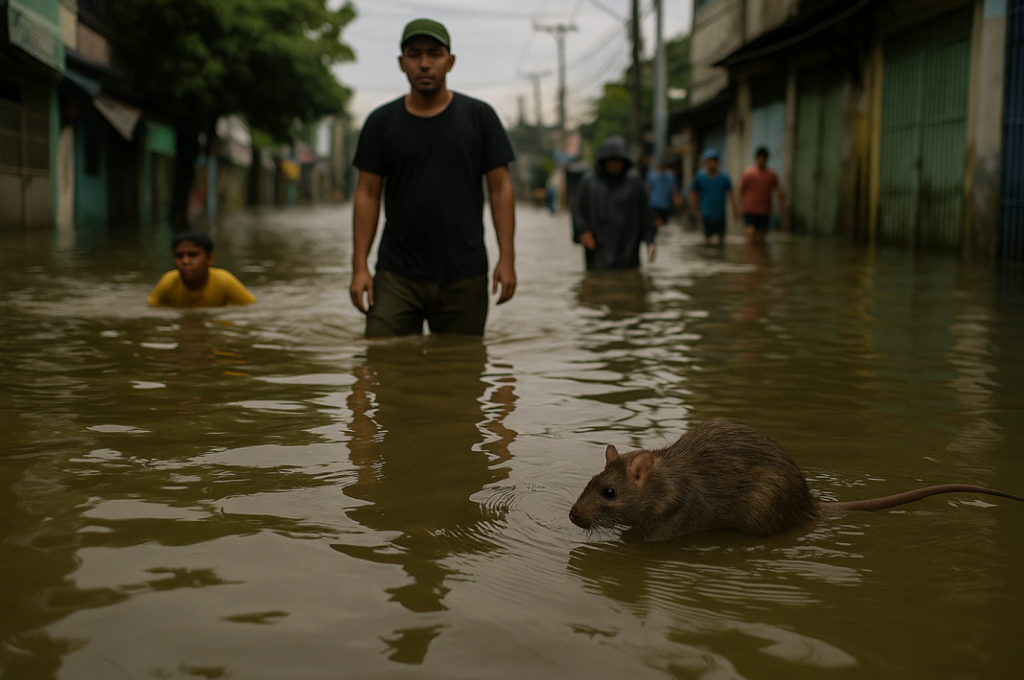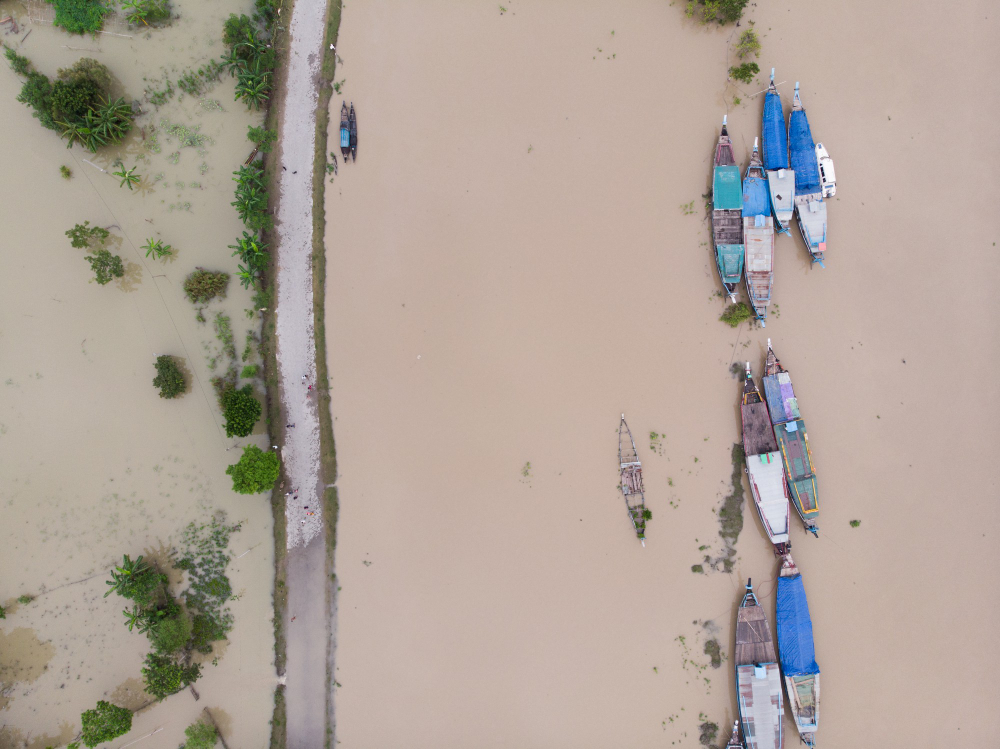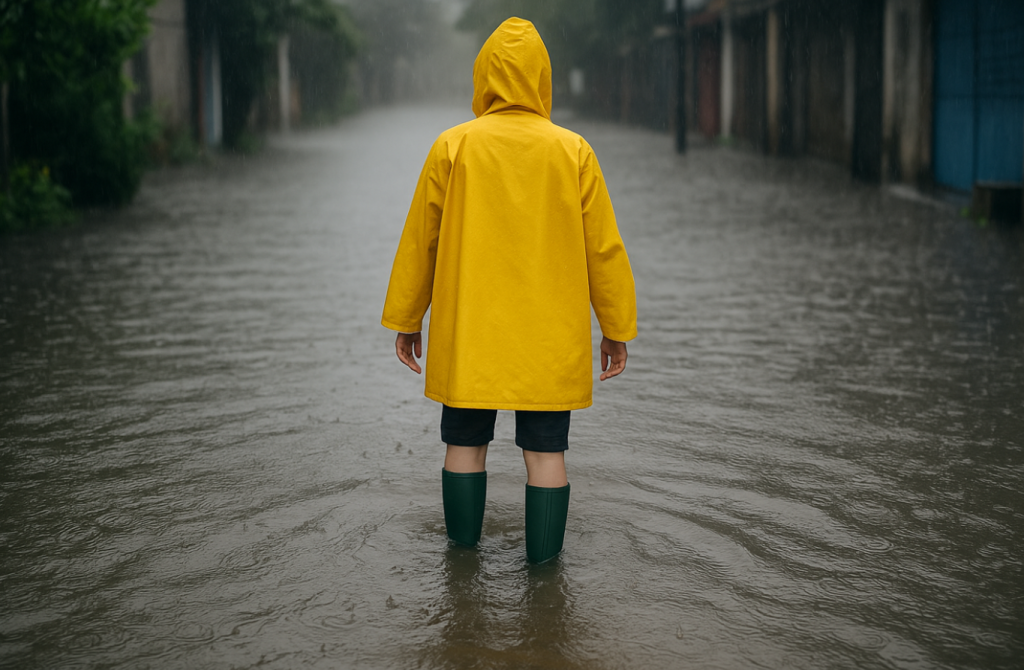CONTACT US: 0919 058 5858 | 02 899 51920
CONTACT US:
0919 058 5858 | 02 899 51920
Wading through floodwaters in the Philippines is no longer just an inconvenience – it has become a harsh reality for countless Filipinos. With persistent rains, poor drainage, and inadequate flood control, water can rise quickly without warning, disrupting classes, work, and daily routines. A short but heavy downpour could turn a simple trip to school or work into a difficult and dangerous journey through murky water.
Floodwaters carry all kinds of danger – sharp debris, exposed manholes, and even live wires – making every step a gamble with your safety. Yet what makes flooding even more alarming are the perils you cannot see. Floodwaters are often contaminated with garbage, sewage, and animal waste, making them breeding grounds for disease, particularly leptospirosis.

According to WebMD, leptospirosis is a bacterial infection caused by Leptospira interrogans, which is often found in the urine of infected rodents and farm animals. This bacteria can contaminate soil and water. People who wade in floodwaters are at risk of infection when the bacteria come in contact with the skin, especially when there are cuts, wounds, and dry areas.
Symptoms typically appear 5-14 days after exposure, and may include headache, muscle pain, skin rash, vomiting, diarrhea, and jaundice. If untreated, it can lead to severe complications like kidney damage, meningitis, liver failure, or even death.
Leptospirosis is treated with antibiotics, such as doxycycline. It should be initiated as soon as a healthcare provider identifies the risk of infection.

In recent weeks, recurring floods in Metro Manila and nearby provinces have led to a significant rise in leptospirosis cases. To address this surge, several government hospitals began setting up dedicated “fast lanes” since August, designed to provide quicker risk assessments and more efficient treatment for those exposed to floodwaters or already exhibiting symptoms of the disease.
The DOH warns the public that delaying treatment or seeking medical care only after severe symptoms appear puts one at greater risk of life-threatening complications and even death. According to the Department of Health (DOH), the Philippines has recorded 4,859 leptospirosis cases since June, with 52 deaths linked to the disease.
In situations like this, having an emergency health card in the Philippines can be a game-changer. The ER Guard Plus by Medicare Plus can provide emergency care and in-patient care when it matters most—serving as your reliable health anchor and providing peace of mind amid the silent dangers brought by floods.

Leptospirosis is a serious public health concern in the Philippines, made worse by frequent flooding and inadequate flood control. The rising number of cases and deaths emphasizes the need for awareness, timely intervention, and above all, a proactive approach to protect yourself and your family from the threat of leptospirosis.

Easy access health plan options for the Filipino community.
We know finding the right healthcare plan can be a complex and confusing task.
Our health plan specialists are always here to help 24/7.
Got more questions?